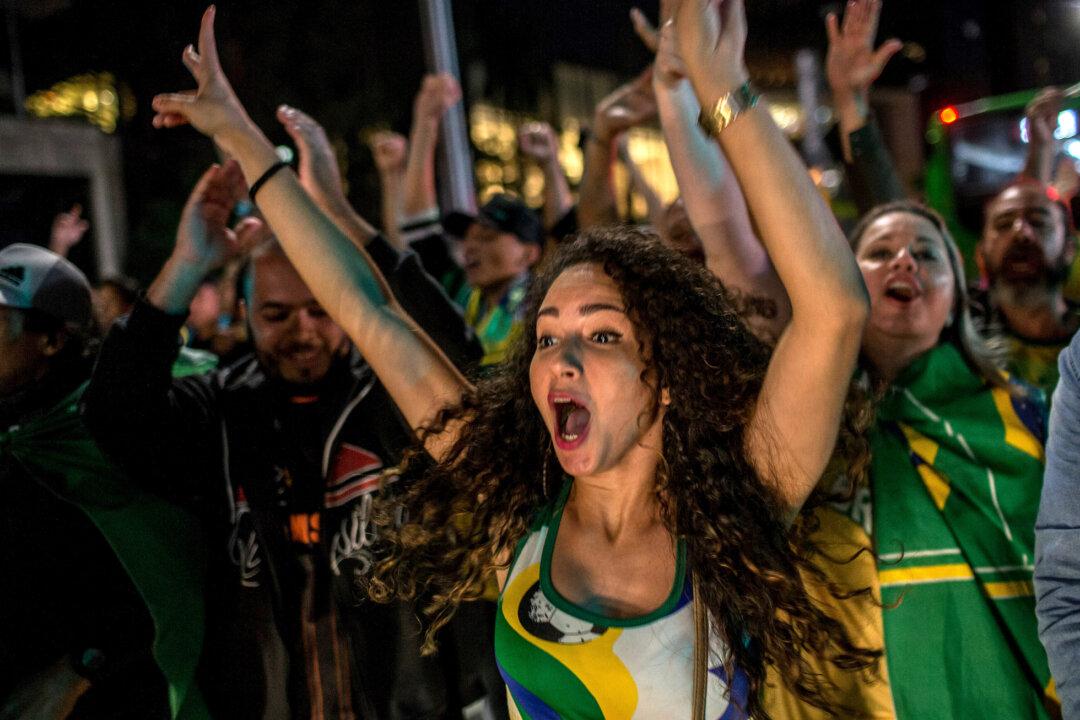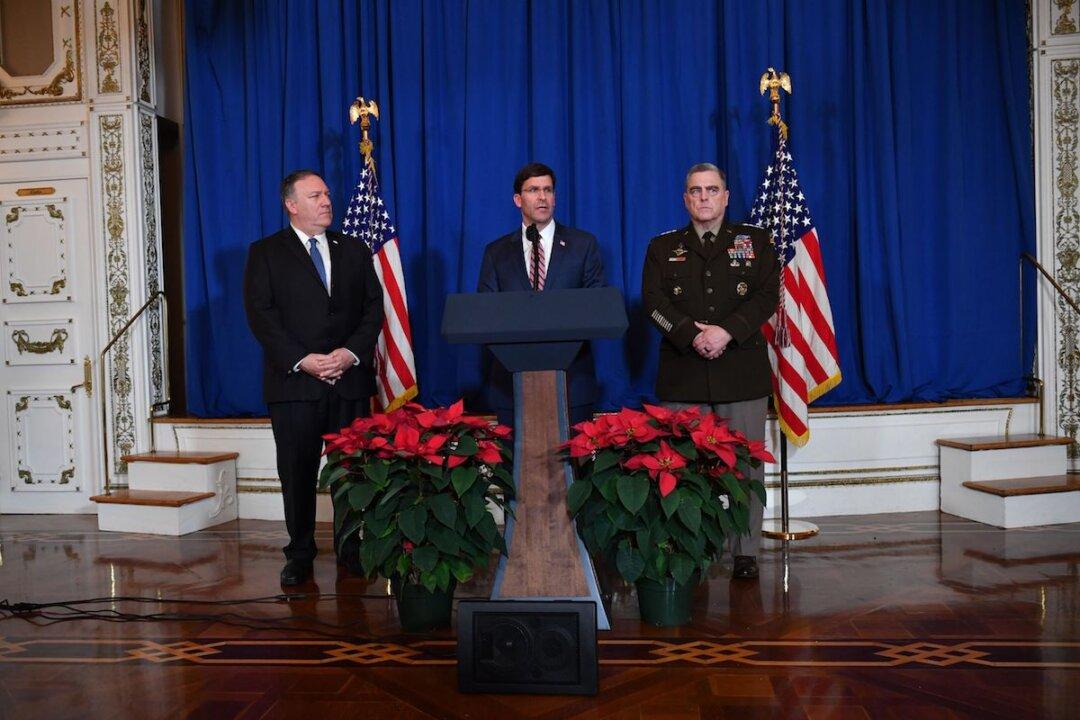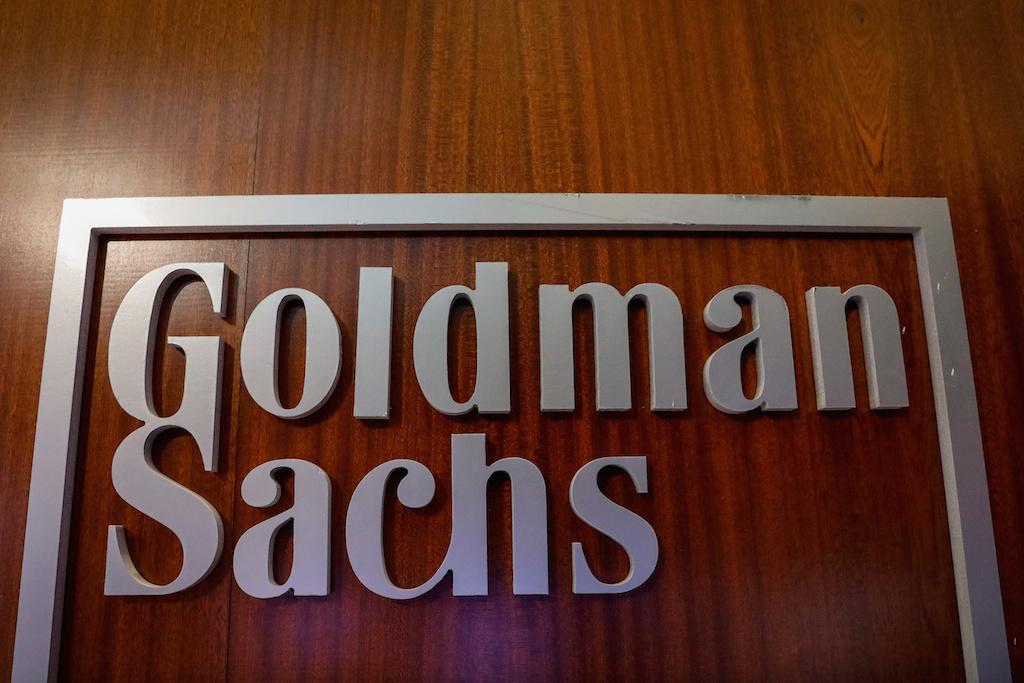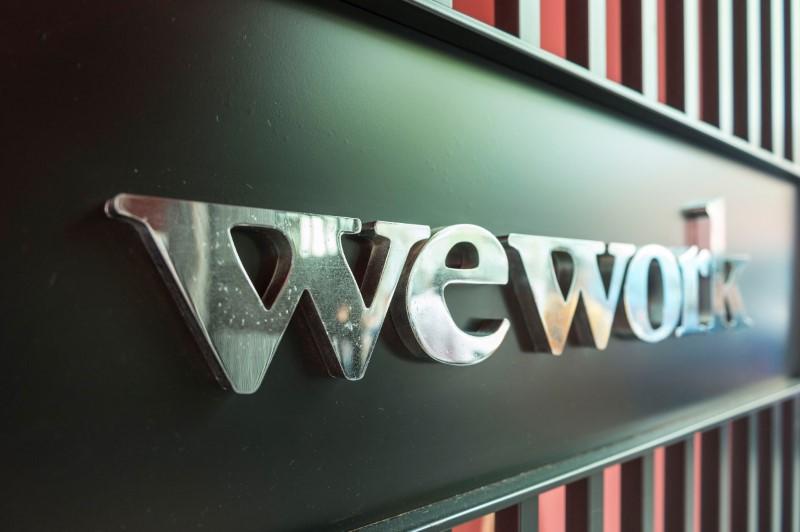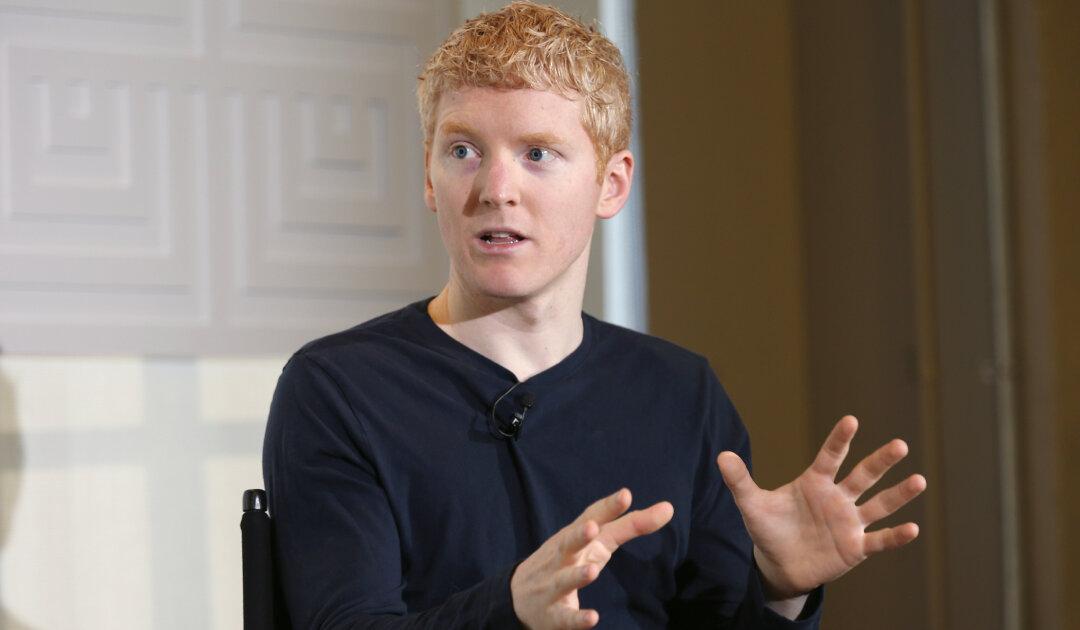Jair Bolsonaro swept to power in Brazil’s presidential election on Oct. 28, marking a hard pivot to the right that promises to open up the resource-rich economy to private investment, strengthen ties to the United States and unleash an aggressive crackdown on epidemic crime.
The former army captain trounced Fernando Haddad, a leftist former Sao Paulo mayor whose Workers’ Party became synonymous with graft, winning 56 percent of the vote to Haddad’s 44 percent with almost all votes counted. His supporters thronged public places throughout the fifth-largest nation, celebrating with flags, music, and fireworks.
